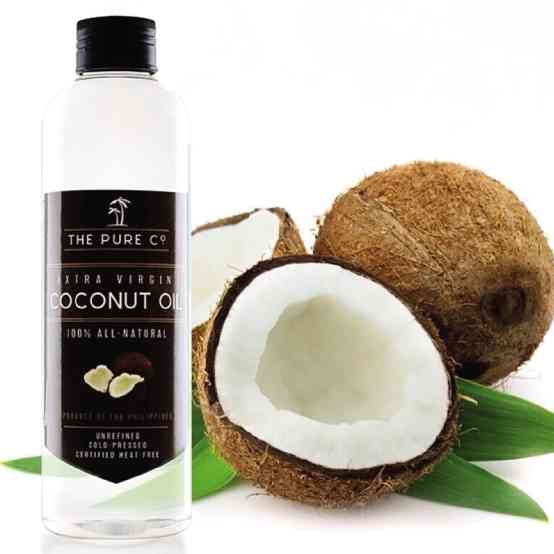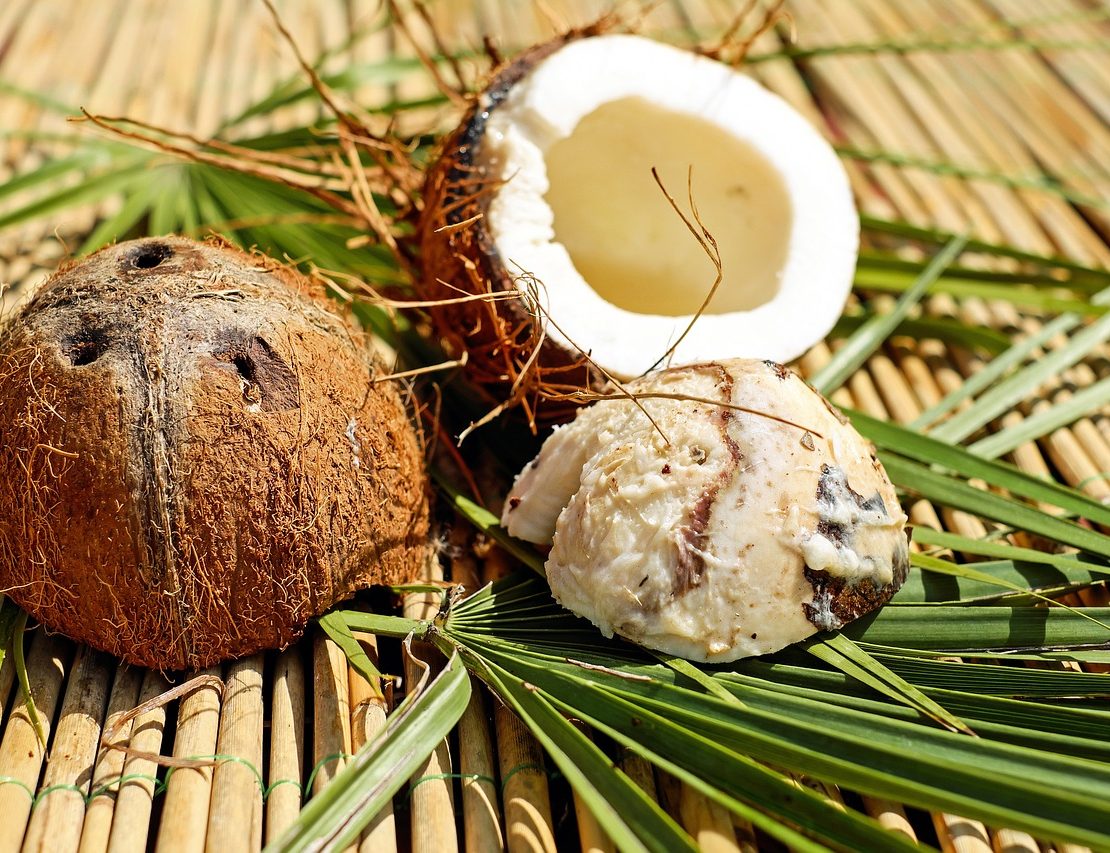The Integrated Chemists of the Philippines (ICP) is not taking any bull from the American Heart Association’s (AHA) announcement calling out coconut oil and saturated fats.
Two weeks ago, the AHA published an advisory against the intake of coconut oil as it has high saturated fat or “bad” cholesterol like butter, beef and pork lard. It states that “because coconut oil increases LDL [low-density lipoprotein] cholesterol, a cause of CVD [cardiovascular disease], and has no known offsetting favorable effects, we advise against the use of coconut oil.”
Many considers coconut oil as a “superfood,” putting it on the same pedestal as green tea, kale, and blueberries.
A week after the online release of the advisory, the ICP published an article calling the AHA’s announcement “defective.”
“Defective experiments can only lead to defective guidelines, and defective guidelines can only result in poor health outcomes,” Dr. Fabian Dayrit, president of the ICP and chairman of the Asian and Pacific Coconut Community’s Scientific Advisory Committee for Health, wrote.

Scientific basis’ flaws
In the first paper of ICP’s series of papers critiquing AHA’s advisory, Dayrit points out errors and biases of The Keys hypothesis, also known as the saturated fat-cholesterol-heart disease hypothesis, which is generally the advisory against coconut oil is about.
These errors are in Ancel Keys‘ experiments. Dayrit stated that “In his human feeding studies, Keys used hydrogenated coconut oil, while in his observational studies coconut oil was only a minor component of the population’s diet.”
In that case, Keys wasn’t able to prove his hypothesis and didn’t acknowledge results that negated his hypothesis.
Further, according to Dayrit, the Dietary Guidelines for Americans, in which the AHA advisory is also anchored, recommends a decreased saturated fat in the diet meaning an increase in unsaturated fat. “The actual result has been an increase in omega-6 fats and a high omega-6 to omega-3 fat ratio. This unhealthy ratio has been linked to heart disease, the very disease that the AHA wants to target, as well as cancer and inflammatory diseases.”
In his second paper entitled “A Half Truth is Not the Whole Truth: The AHA Position on Saturadated Fat,” Dayrit focuses on saturated fatty acids and why the Dietary Guidelines haven’t worked in the US since heart diseases are still the country’s top killer.
As Dayrit laid detailed comparison of the fatty acid composition, he said coconut oil is very different from animal fat and “studies that assume that they are similar are therefore in error. These may be one of the reasons why the Dietary Guidelines have not worked.”
Get it from clean sources
Ultimately, saturated fat is not that bad. If sourced from grass-fed meat and butter, whole eggs, and pure coconut oil, saturated fat can be healthy. Spending a little more on food is worth it in the end.
Read more:
A cholesterol-lowering vaccine will be available soon
10 healthy groceries in Manila
Forget junk, here’s how to snack without the guilt
Writer: YAZHMIN MALAJITO




